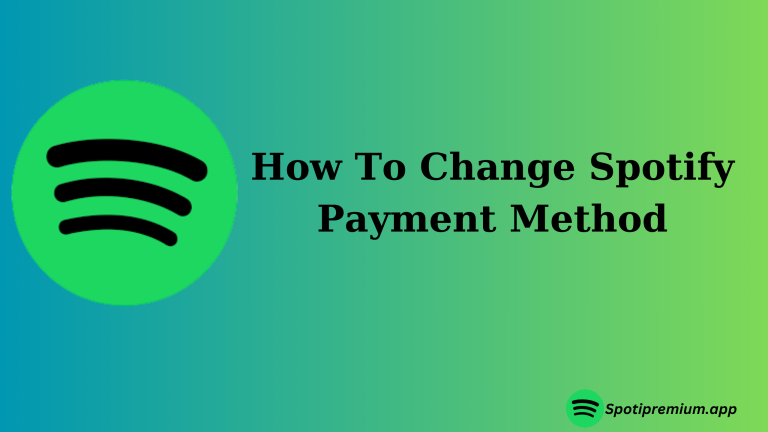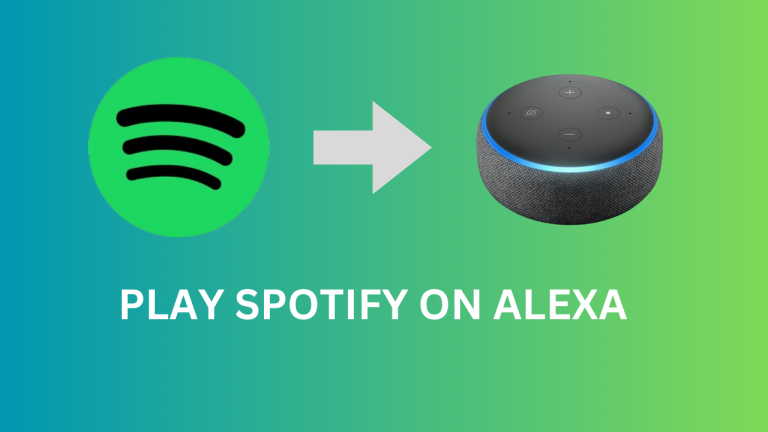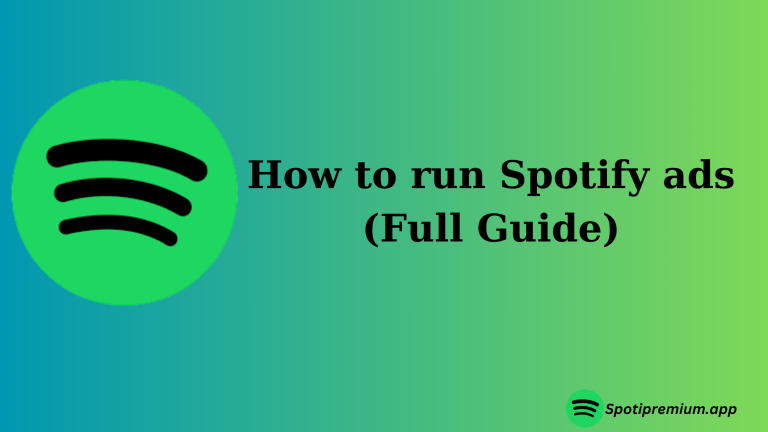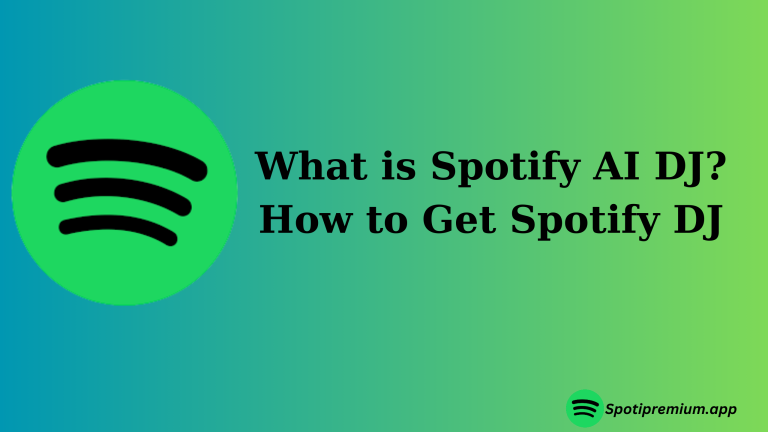Spotify Banning Users Who Use Audial to Download Songs
Spotify has been Fortuner, offering their user access to an extensive library of songs and podcasts, music. However recent development has brought the popular music streaming platform into conflict with users employing third party applications like audio to download songs.
Spotify’s decision to ban users from engaging in such practices has sparked a debate within the music community. Spotify is strictly against the use of the audial software for downloading songs and consequences for users who violate this rule.

Discovery because Spotify takes a firm stand against unauthorized downloading and the impact it has on the music streaming landscape. Users who violate this rule. Discovery because, Spotify takes a firm stand against unauthorized downloading and the impact it has on the music streaming landscape.
Spotify’s Policy on Audial
Spotify’s policy regarding audio and similar software is clear that the use of such tools to download the song from the platform is strictly prohibited.
The streaming giant argues that such practices not only violate its terms of service but also infringe upon the rights of artists and content creators. In response to this, Spotify has implemented measures to detect and penalize users engaging in unauthorized downloading activities.
Spotify aims to protect the rights of artists, record labels, and other stakeholders by ensuring that the streaming platforms are used for authorized, legal streaming only. As a result, the use of audiles to download songs from Spotify constitutes a violation of the platform’s terms of service.
Reasons Behind Spotify’s Strict Stance
Spotify’s strict stance against the use of third-party applications like Audial to download songs is rooted in a commitment to uphold the rights of artists and copyright protection. The music streaming giant has forged partnerships with record labels and artists to ensure a fair compensation model for the use of their content.
Unauthorized downloading not only violates Spotify’s terms of service but also undermines the intricate web of licensing agreements that govern the distribution of music on the platform.
FAQS
Conclusion:
Spotify’s decision to ban users who use Audial or similar third-party applications reflects its commitment to protecting the rights of artists and maintaining a fair music streaming environment. The platform’s clear policy against unauthorized downloading is aimed at upholding copyright protection and ensuring fair compensation for content creators. By implementing measures to detect and penalize such activities, Spotify sends a strong message about the importance of adhering to its terms of service. Users are encouraged to explore legitimate options, such as Spotify’s premium subscription, for offline listening, contributing to a sustainable and ethical digital music landscape.






